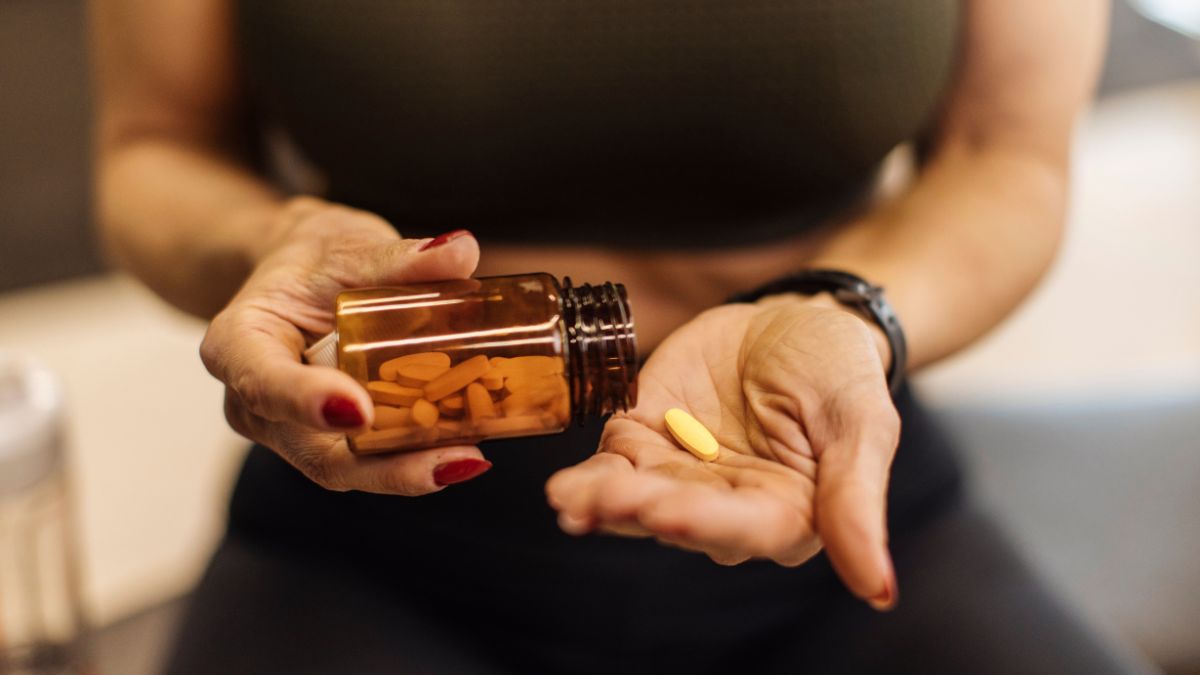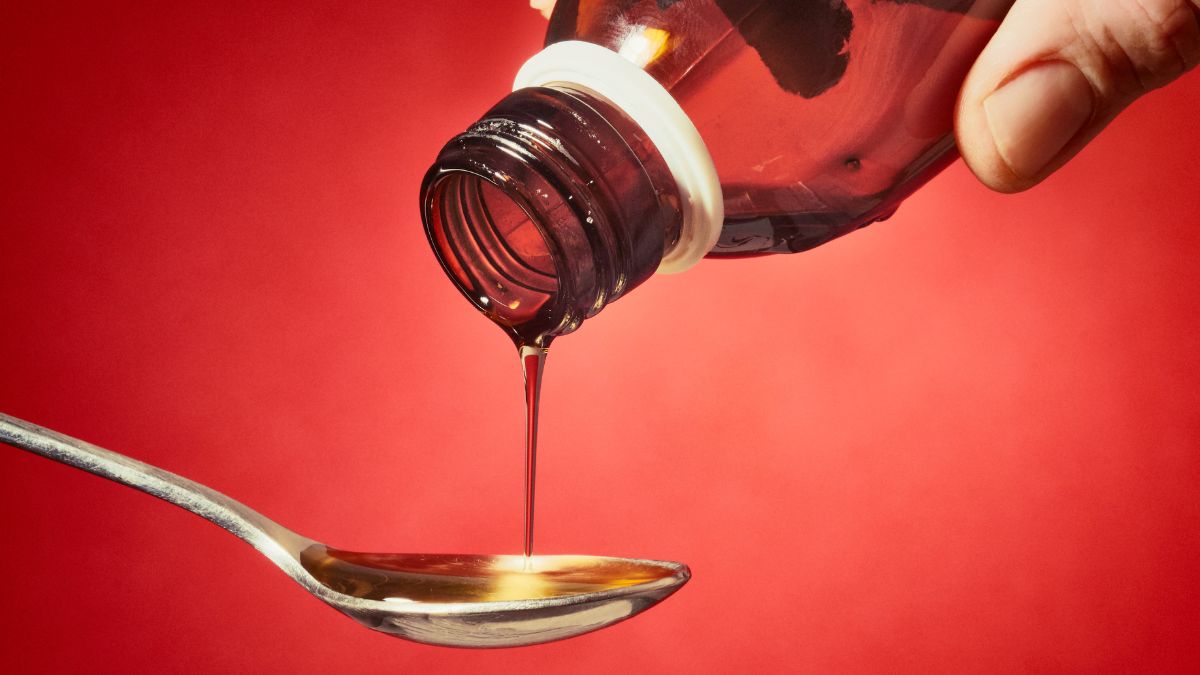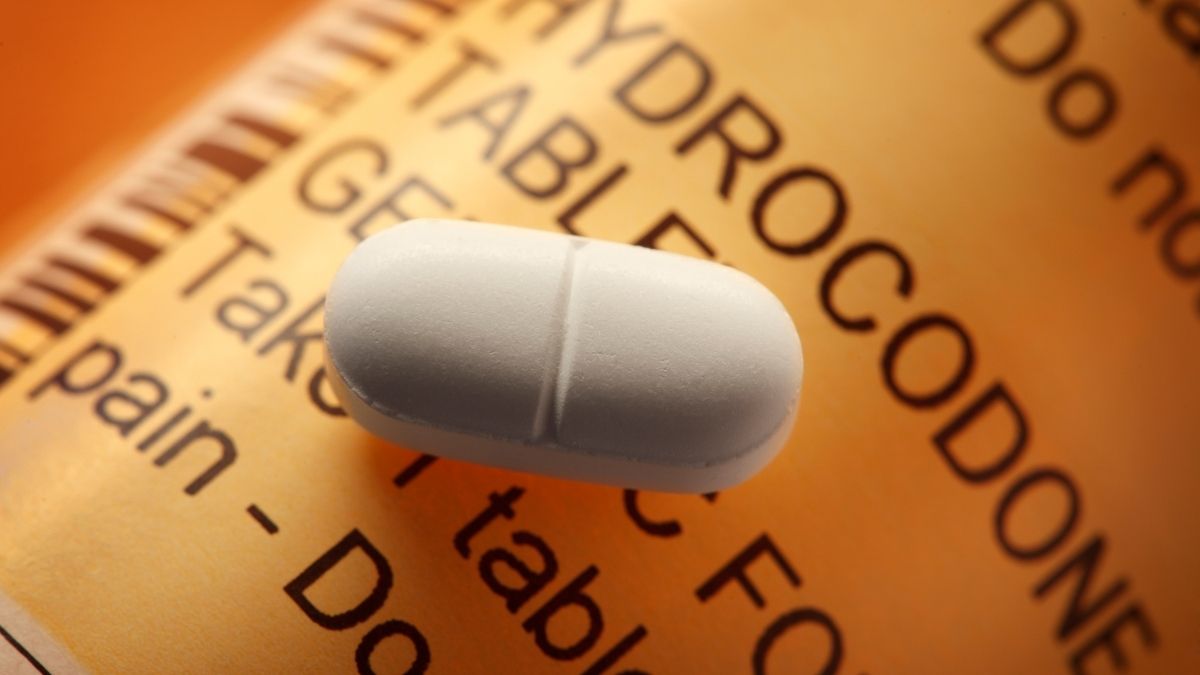Sobriety defines the transforming journey for individuals attempting to break free from the bonds of substance dependence. It is a condition of clarity and release from the grasp of an alcohol or drug-induced lifestyle, paving the way for a healthier, more intentional way of life.
Understanding the complexities of becoming sober is an initial step toward recovery. The holistic approach to this process involves several factors. If you or a loved one have started down this road, equipping yourself with knowledge becomes a critical catalyst for success. Being more compassionate and kind to yourself or those in recovery can lead to a transformed life.
What Is the Best Definition of Sobriety?
Sobriety can be defined as abstaining from substance abuse, but it goes beyond that. Becoming sober involves changing one’s thinking patterns, building good habits, and improving one’s way of life physically, mentally, and emotionally.
It is an ongoing decision to break free from the chains of substance dependence that have negatively affected your life and relationships. The goal of sobriety is recovery, a state in which an individual is no longer bound to the cravings of substance abuse. This may involve treatment, therapy, counseling, and a lifetime of conscious efforts toward this goal.
Call Design for Recovery to Begin Your Healing Journey!
Reach out to our team to discuss sober living options and next steps toward a healthier routine.
Sobriety vs. Recovery
Although the phrases “sobriety” and “recovery” are commonly used synonymously, they have various meanings, and each one reflects a different aspect of the process of becoming substance-free.
Sobriety: A prerequisite for recovery
Sobriety is a step towards recovery. It does not automatically translate to recovery. It is the stepping stone to abstain from consuming alcohol and other substances. The individual who decides to become sober has made a conscious decision to change their approach to substances that can alter physical, mental, and emotional well-being.
Contact Design for Recovery Today!
Fill out our quick form to connect with a peer mentor and learn how our sober living community supports accountability, structure, and personal growth in recovery.
Recovery: A holistic healing journey
Recovery is a lifelong process and the ultimate goal when starting the journey to sobriety. Being sober is the first step to eliminating substance abuse. It will pave the way for lasting positive change.
When people remain sober, their lifestyle, relationships, and behaviors improve, leading to recovery. Underlying issues of substance abuse have been addressed. The individual has also learned coping mechanisms to develop a life drug-free or an alcohol-free life.
From sobriety to recovery
Sobriety is the first step in recovery. Recovery is a dynamic, complex experience. It encourages people to embrace their resilience, delve into every aspect of their journey, and pave the way for a well-rounded and fulfilling life.
How Can I Get Sober?
Getting sober can be a long journey, but it is all worth it in the end. There are several steps you can take to start your way toward sobriety:
Admit the problem: The first step is always acknowledging the issue. Accepting that substance abuse is something you can’t control and that you need help is the start.
Set realistic goals: Setting realistic goals is a way to track your progress and avoid frustration. The goal should be SMART, meaning specific, manageable, achievable, realistic, and time-bound. Be honest in your goal setting and avoid over-extending yourself.
Seek help: You don’t have to go through this journey alone. There are professionals, programs, and facilities that can help you. Research your options and consult a healthcare professional who can provide you with the proper guidance and interventions.
Look for a treatment facility: A treatment program like inpatient or outpatient rehabilitation may be helpful, depending on the severity of your substance use. To assist you in recovering from addiction, these organizations provide therapy and organized support.
Talk to your family and friends: Statistics say that a healthy support system benefits a recovering individual. Even one person who can support and encourage the person on their journey to sobriety can make a huge difference.
Avoid triggers: You can write down the triggers of your substance abuse so you can avoid it and create better coping strategies. There are external triggers like time, people, places, and events. Internal triggers can be emotions or thoughts. Identify these triggers and work around them.
Engage in sober activities: Physical activities such as hiking, exercising, and swimming can be beneficial for releasing good hormones and improving your well-being. Try hobbies that do not involve substance use, such as learning arts and crafts, baking, or anything that might interest you.
Be in a safe environment: Your surroundings can hinder or boost your recovery. It’s important to create a sober environment where alcohol or drugs are not present. Remove used bottles or packets. Hang cheerful artwork or motivational quotes that can inspire you on this journey.
Counseling and therapy: Consider attending counseling or therapy sessions that can help you address underlying issues of addiction. Taking and processing your thoughts and emotions with a professional can do wonders for your recovery. They can provide support and valuable guidance along the way.
Join support groups: Going through your sobriety journey with people who share the same goals can be encouraging. Sharing experiences and strategies on how to cope will empower you to be more optimistic about recovery.
- What Is the Best Definition of Sobriety?
- Sobriety vs. Recovery
- Sobriety: A prerequisite for recovery
- Recovery: A holistic healing journey
- From sobriety to recovery
- How Can I Get Sober?
Begin Lasting Sobriety Now!
Frequently Asked Questions
A sobriety chip, also known as a sobriety coin or medallion, is a token often used in 12-step recovery programs, particularly in groups like Alcoholics Anonymous (AA) and Narcotics Anonymous (NA). Getting a sobriety chip can be a significant and practical method for people to celebrate their accomplishments, recognize their progress, and reaffirm their commitment to leading clean lives.
Double-digit sobriety means that the individual is substance-free for ten days. It may seem like just a couple of days, but this is worth celebrating for a person on a sobriety journey. If your loved one has reached double-digit sobriety, express appreciation for this milestone.
Sobriety primarily refers to refraining from the use of substances that can impair mental or physical abilities. Recovery involves a broader, holistic journey of personal growth and healing to a substance-free life.
If you lose your sobriety, admit and be honest about it. Seek the encouragement of a loved one and contact a professional to help you navigate your way back to sobriety.
Someone who relapsed can get sober again. It does not diminish the efforts taken towards sobriety, but the individual needs to accept and admit the relapse, identify the triggers, and recommit to the journey of sobriety.
People in recovery celebrate sobriety milestones to mark their progress and achievements in the challenging journey. Here are common sobriety milestones that you or your loved one can celebrate:
- 24 Hours
- 10 Days
- 30 Days
- 60 Days
- 90 Days
- Six Months
- One Year
- Annually
Popular sobriety groups that are well-known for their passion and significant involvement in helping people in recovery are the following:
- Alcoholics Anonymous
- Chemically Dependent Anonymous
- Coacaine Anoymous
- Crsytal Meth Anonymous
- Heroin Anonymous
- LifeRing Secular Recovery
- Marjuana Anonymous
- Methadone Anonymous
- Narcotics Anonymous
- Secular Organization for Sobriety/Save Our Selves
- SMART Recovery
- Women for Sobriety
The road to sobriety is often paved with difficulties. Individuals on this journey commonly experience challenges such as:
- Withdrawal symptoms
- Intense cravings
- Triggers
- Isolation
- Societal pressure
- Guilt and shame
- Emotional instability
- Relationship issues
- Lifestyle changes
- Financial difficulties
- Career problems
Group meetings involve accountability and openness. In these sessions, people share their struggles, triumphs, and concerns with like-minded individuals. A therapist, counselor, or leader may facilitate the group to provide insights and advice. The effectiveness of these meetings may vary from one person to another, but studies have shown their significant impact on recovery.
Substance Abuse in Brief Fact Sheet, Spring 2008, Volume 5, Issue 1: An Introduction to Mutual Support Groups For Alcohol and Drug Abuse. Retrieved from https://socialwork.wayne.edu/about/mutual_support_groups_fact_sheet.pdf
Pagano, M. E., Zeltner, B. B., Jaber, J., Post, S. G., Zywiak, W. H., & Stout, R. L. (2009). Helping others and long-term sobriety: Who should I help to stay sober? Alcohol Treatment Quarterly, 27(1), 38–50. https://www.ncbi.nlm.nih.gov/pmc/articles/PMC2727692/
2 Types of Groups Commonly Used in Substance Abuse Treatment. National Library of Medicine website: https://www.ncbi.nlm.nih.gov/books/NBK64214/
Hagen, E., Erga, A. H., Hagen, K. P., Nesvåg, S. M., McKay, J. R., Lundervold, A. J., & Walderhaug, E. (2017, May). One-year sobriety improves satisfaction with life, executive functions and psychological distress among patients with polysubstance use disorder. Journal of Substance Abuse Treatment, 76, 81-87. https://pubmed.ncbi.nlm.nih.gov/28159440/
Ghi??, A., Teixidor, L., Monras, M., Ortega, L., Mondon, S., Gual, A., Paredes, S. M., Urgell, L. V., Porras-García, B., Ferrer-García, M., & Gutiérrez-Maldonado, J. (2019). Identifying triggers of alcohol craving to develop effective virtual environments for cue exposure therapy. Frontiers in Psychology, 10, 74. https://www.ncbi.nlm.nih.gov/pmc/articles/PMC6361736/
Shipman, M. (2021, November 3). Study Highlights Challenges, Strategies for Students Recovering from Alcoholism. NC State University News. https://news.ncsu.edu/2021/11/study-students-in-recovery/







Written By
David Beasley